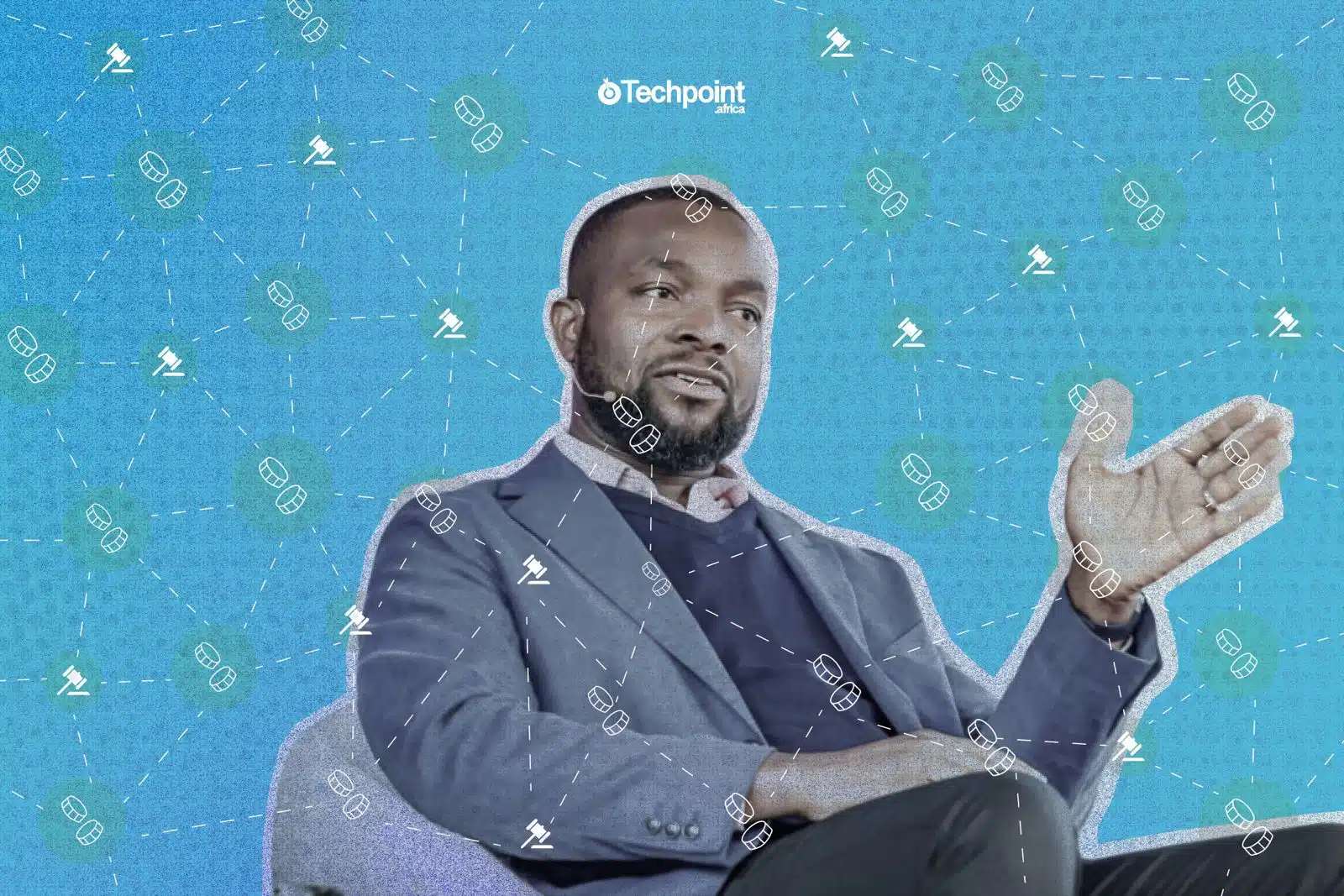When Nigeria’s Minister of Communications and Digital Economy, Bosun Tijani, announced plans to develop a new National Blockchain Policy, there were more questions than excited comments.
While the move could be seen as a bold step towards embracing blockchain, it has prompted concerns about the fate of the existing National Blockchain Policy.
According to Chimezie Chuta, Chairman of the Nigeria National Blockchain Policy Implementation Steering Committee, the existing policy took nearly four years to develop, involved hundreds of stakeholders, and received presidential assent in 2023.
Chuta described the new move as a problem of policy continuity, arguing that the existing framework could be reviewed and updated rather than discarded entirely.
The old vs the new
The current National Blockchain Policy, approved in May 2023, was designed to position Nigeria as a leader in blockchain innovation across Africa.
It outlined adoption strategies in areas such as digital identity, supply chain transparency, financial inclusion, and regulatory clarity.
It also established a governance structure through the Nigeria National Blockchain Policy Implementation Steering Committee, which began implementation work in early 2024.
Similarly, the white paper outlining Tijani’s new direction — described as an effort to develop “a holistic National Blockchain Policy”— covers almost identical ground. It highlights how blockchain could improve financial inclusion, particularly in communities with limited access to traditional banking.
In agriculture, it notes that blockchain can enable the tracking and verification of products, enhancing transparency and efficiency. For digital identity, the paper explains that “blockchain-based identity solutions empower individuals with secure, tamper-proof digital identities.”

Victoria Fakiya – Senior Writer
Techpoint Digest
Stop struggling to find your tech career path
Discover in-demand tech skills and build a standout portfolio in this FREE 5-day email course
Although the focus areas are similar, Tijani insists that the new approach will be more inclusive and ensure that “Nigeria’s Blockchain policy is not only technically sound but also locally relevant.”
To support this, the white paper revealed that the Ministry will commission research involving 21 researchers.
While Chuta acknowledged the value of further research, he emphasised that starting the process from scratch was unexpected and unnecessary.
“The previous policy took the effort of a lot of experts and researchers,” he noted. Although many worked voluntarily, the logistical costs were significant.
“From forums for discussions to workshops and bringing stakeholders together, it cost a lot of money to host people for days,” he said.
The upside to Tijani’s new plan
Not everyone in the blockchain ecosystem views the Minister’s approach negatively. Senator Ihenyen, Lead Partner at Infusion Lawyers and Executive Chair of the Steering Committee of the Virtual Asset Service Providers Association (VASPA), believes Tijani’s plan has merit and doesn’t necessarily amount to starting from scratch.
“My understanding is that the Minister wishes to start from where the former administration stopped,” he said.
According to Ihenyen, the existing document — often referred to as the “National Blockchain Strategy” — may not be seen by the Minister as a comprehensive policy document capable of transitioning Nigeria from theory to real-world adoption.
He further observed that the current document was issued by the National Information Technology Development Agency (NITDA), not the Ministry itself.
“This suggests that the Minister has decided to develop a National Blockchain Policy at the ministerial level, whereby the entire research and development process would be owned and supervised by the Ministry,” he said.
“Perhaps this gives the Minister an opportunity to take the National Blockchain Strategy to the next level through research, public-private partnerships, and inclusive policy-making.”
While commending the Minister for taking on the project, Ihenyen challenged him to go beyond rhetoric and deliver measurable outcomes, adding that industry stakeholders are ready and willing to support the effort.
Meanwhile, Chuta has noted that the existing blockchain policy remains active, as it has not been formally recalled.
From AI to blockchain, Tijani’s time in office has been marked by a strong desire to position Nigeria to adopt and regulate emerging technologies. While his policy choices have drawn criticism, his commitment to technological advancement is not in question.











